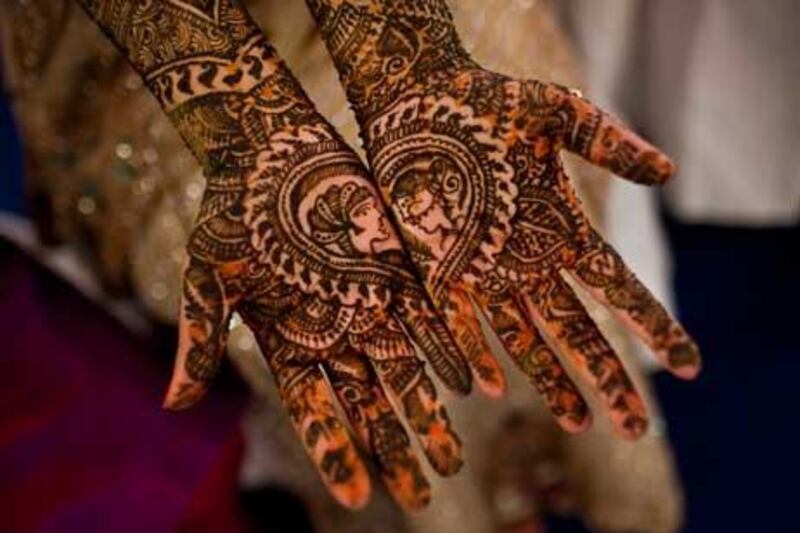DUBAI // Getting married in the UAE involves several legal steps, especially for expatriates.
Most embassies will detail the steps to legalise a marriage in your home country and some will also perform the ceremony for you.
"The rules and regulations vary widely depending on which passport you hold and whether you are a resident or not," said Sarah Feyling, the managing director of Couture Events in Dubai.
"We always ask clients to check with their embassies and we do the same before proceeding."
Non-Muslim weddings are conducted in a church, court or a venue with a wedding licence.
A Muslim marriage must be conducted in the Sharia Court. The law does not allow a Muslim woman to marry a non-Muslim man without proof of conversion. A Muslim man may marry a non-Muslim woman.
Embassies may require a sworn affidavit and Notice of Marriage to register the wedding.
According to the British Embassy, a church will need a Certificate of No Impediment to Marriage before conducting the ceremony. This can take up to three weeks to process. The embassy or consulate can help you apply
Ceremonies in Hindi temples are not legally recognised. Legal procedures and registration for Indian nationals are handled by their embassy. Its website provides all the guidelines and forms.
If weddings take place abroad, marriage certificates need to be attested, which is also handled by embassies. All marriages have to be registered with the court, Ministry of Justice and Ministry of Foreign Affairs, which either the church or the embassy can do for a fee. Registration fees start from Dh200.
For more information, call your embassy or visit awqaf.ae
How to get married in the UAE without a hitch
Getting married in the UAE involves several legal steps, especially for expatriates.

More from the national





